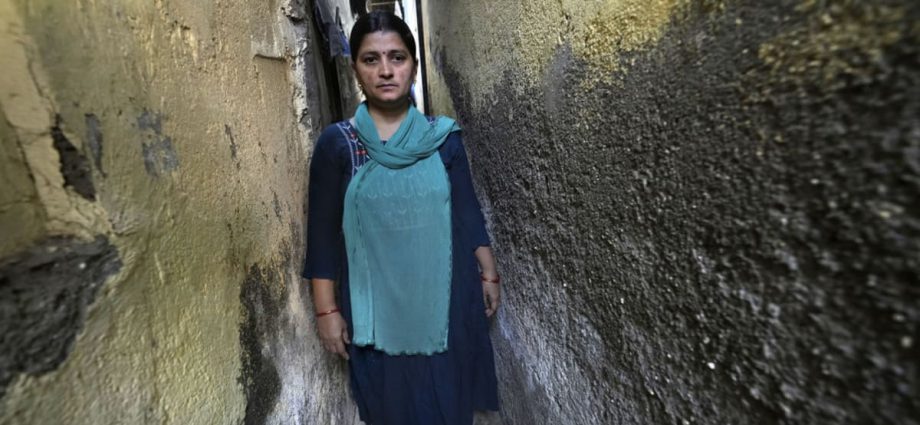
The women’s employment rate peaked at 35 per cent in 2004 and fell to around 25 per cent in 2022, according to calculations based off official data, said Rosa Abraham, an economist at Azim Premji University. But official figures count as employed people who report as little as one hour of work outside the home in the previous week.
A national jobs crisis is one reason for the gap, experts say, but entrenched cultural beliefs that see women as the primary caregivers and stigmatise them working outside the home, as in Singh’s case, is another.
The Centre for Monitoring the Indian Economy (CMIE), which uses a more restrictive definition of employment, found that only 10 per cent of working-age Indian women in 2022 were either employed or looking for jobs.
This means that there are only 39 million women employed in the workforce compared to 361 million men.
Just a few decades ago, things seemed to be on a different track.
When Singh became a social worker in 2004, India was still riding high from historic reforms in the 1990s.
New industries and new opportunities were born seemingly overnight, sparking millions to leave their villages and move to cities like Mumbai in search of better jobs.
It felt life-changing. “I didn’t have a college degree, so I never thought it would be possible for someone like me to get a job in an office,” she said.
Even then, leaving home to work was an uphill fight for many women.
Sunita Sutar, who was in school in 2004, said that women in her village of Shirsawadi in Maharashtra state were usually married off at 18, beginning lives that revolved around their husbands’ homes.
Neighbours mocked her parents for investing in her education, saying it would not matter after marriage.
Sutar bucked the trend. In 2013, she became the first person in her village of nearly 2,000 people to earn an engineering degree.
“I knew that if I studied, only then would I become something – otherwise, I’d be like the rest, married off and stuck in the village,” Sutar said.
Today, she lives and works in Mumbai as an auditor for India’s Department of Defence, a government job coveted by many Indians for its security, prestige and benefits.

